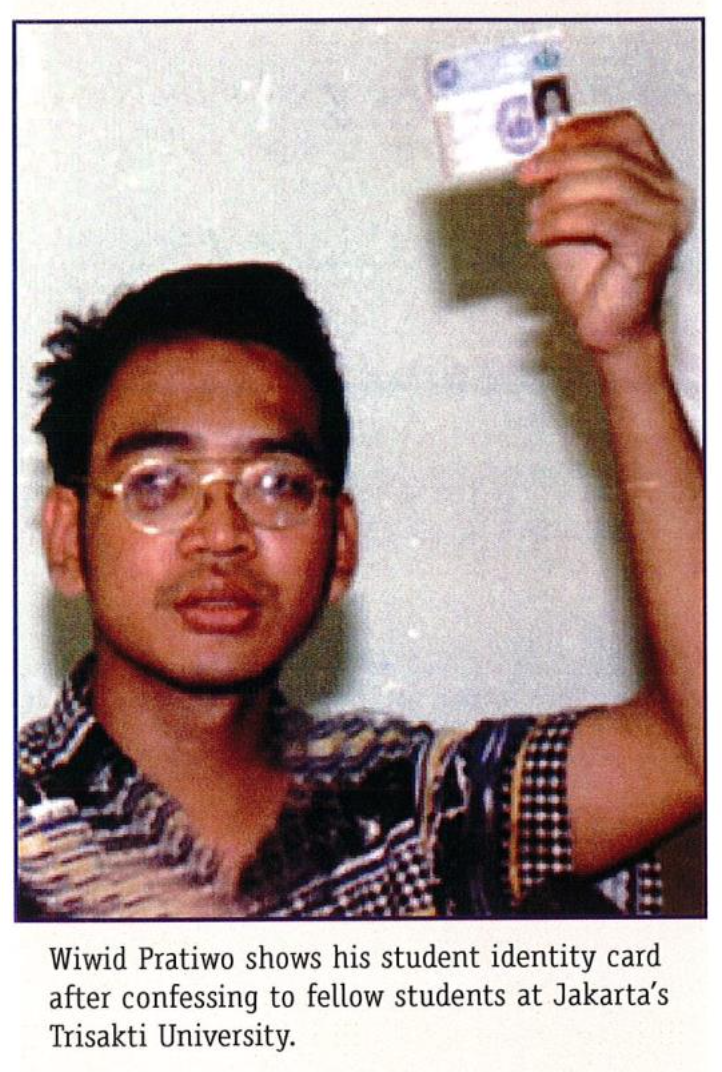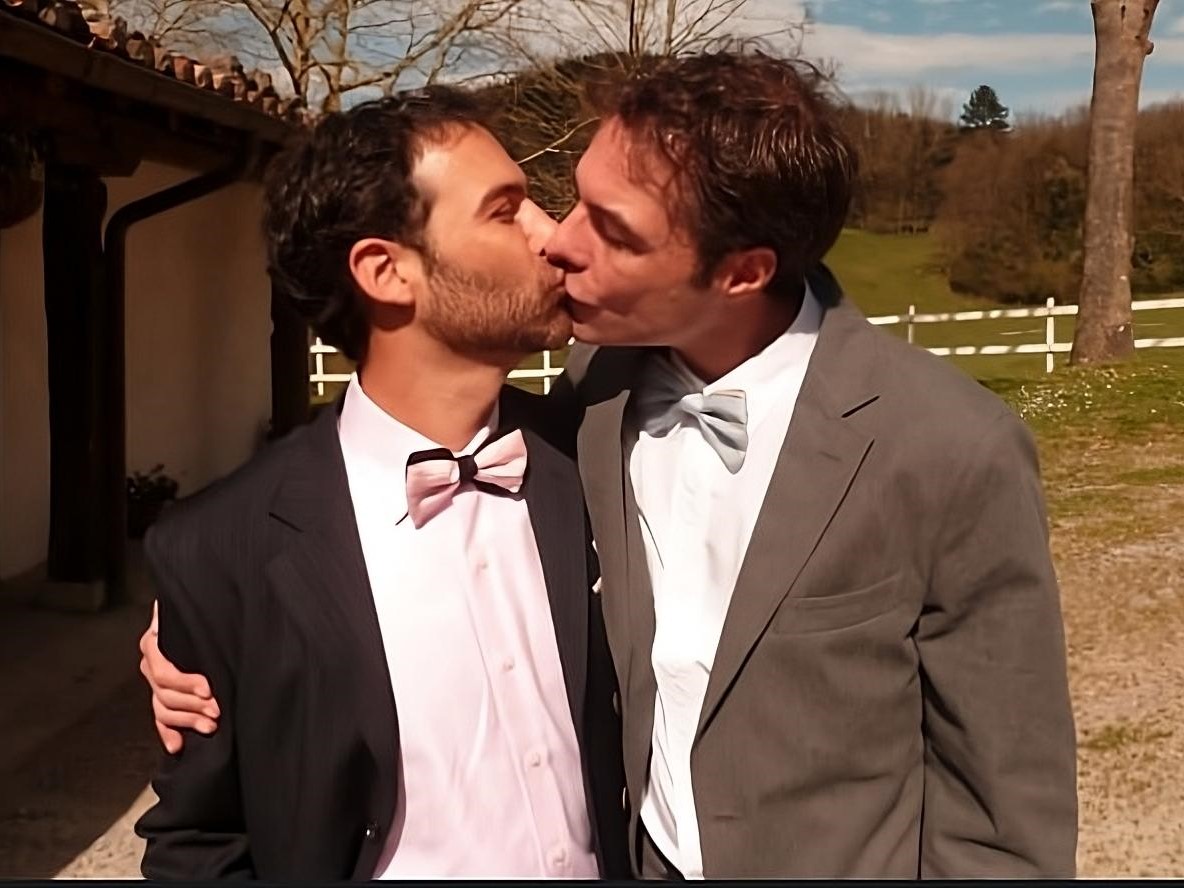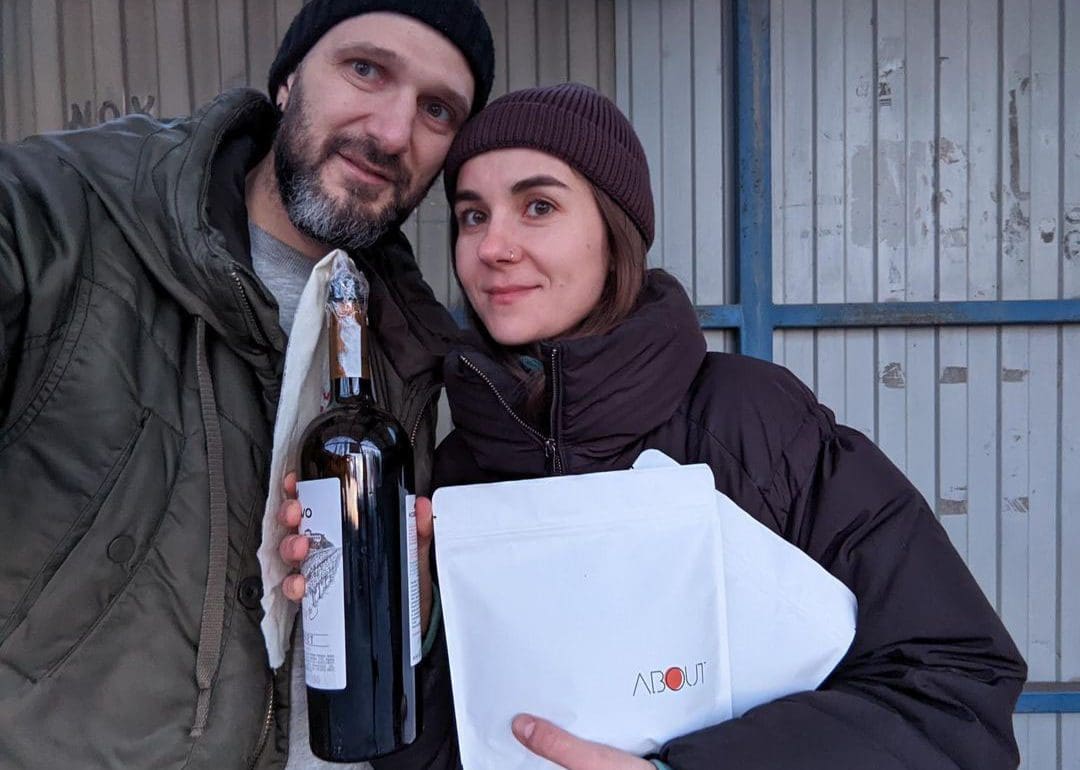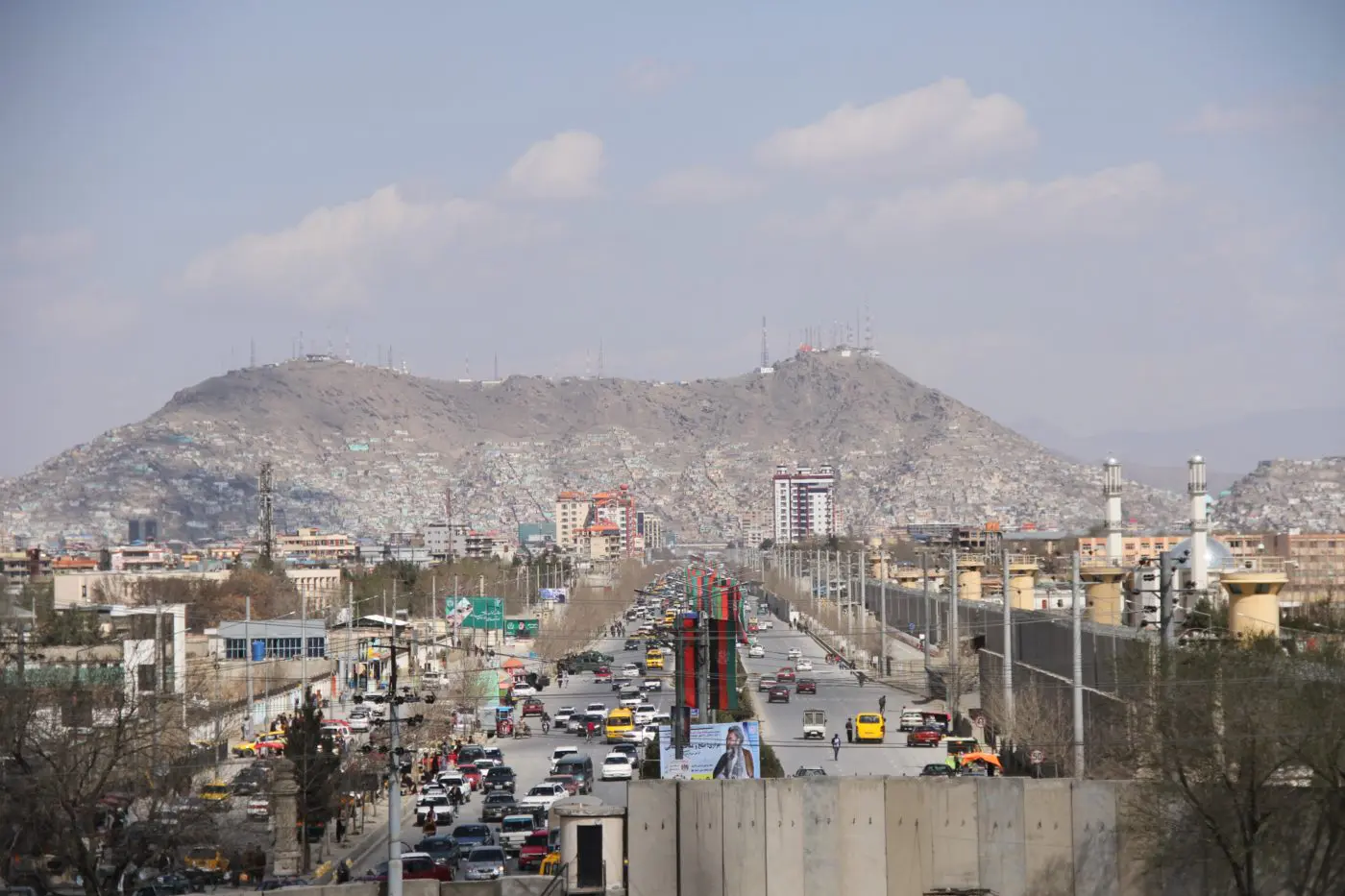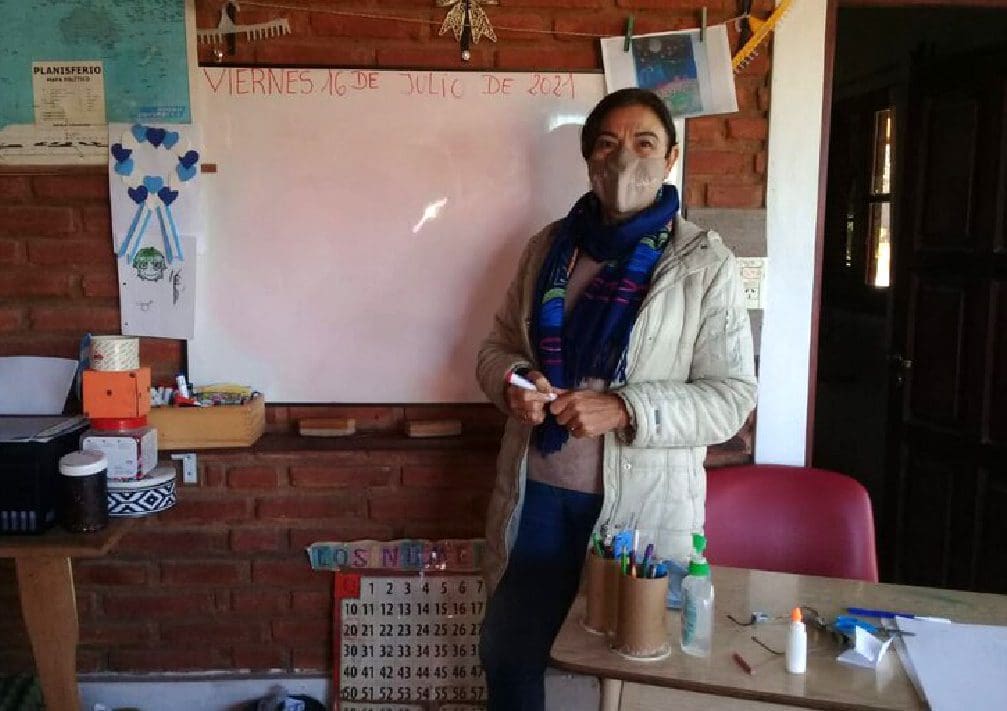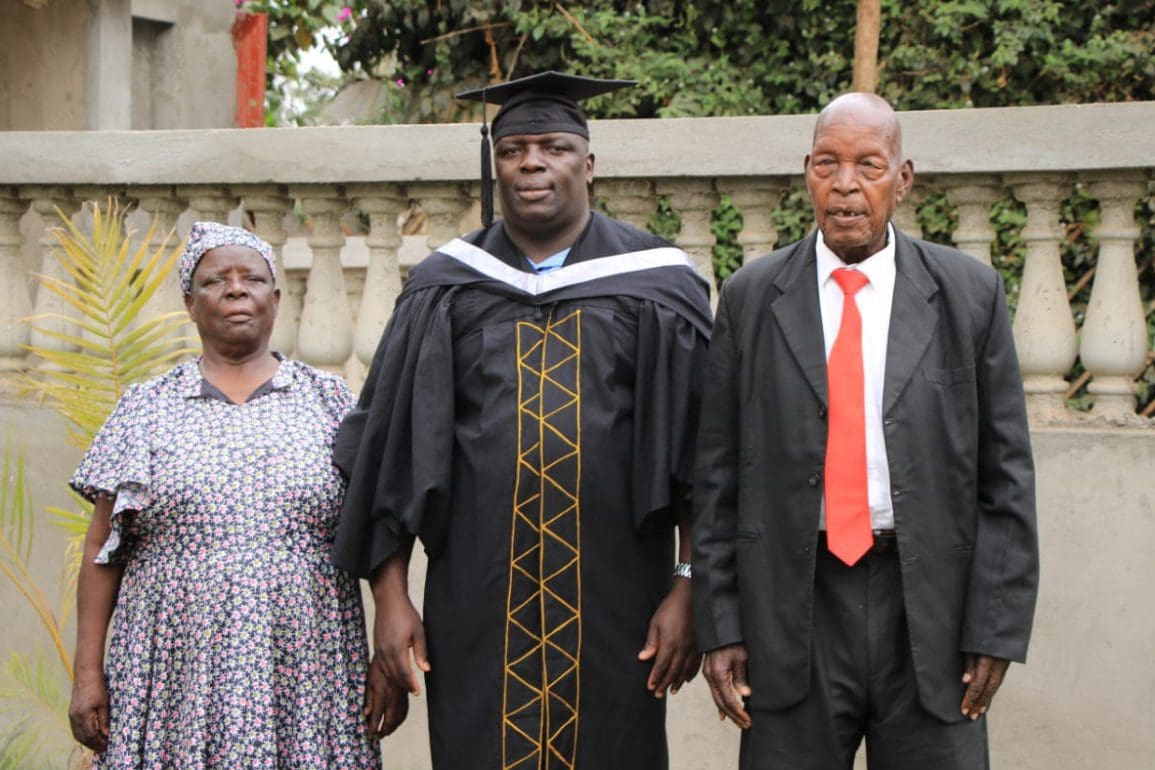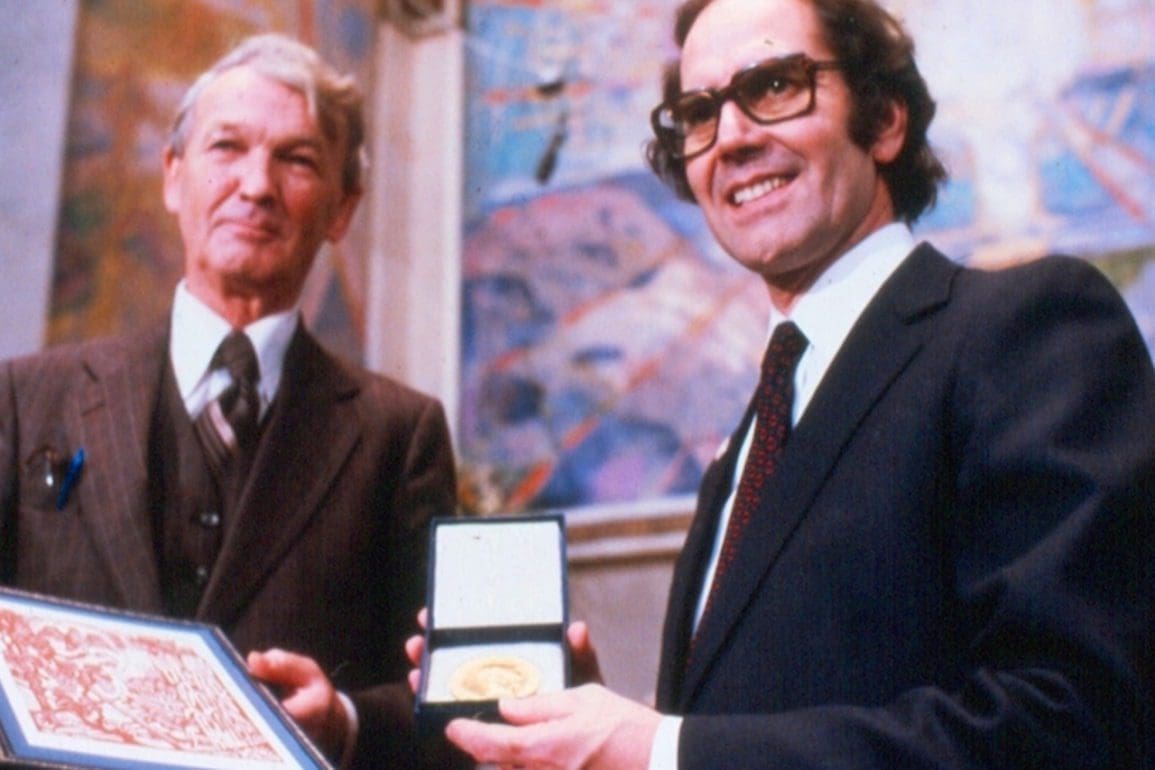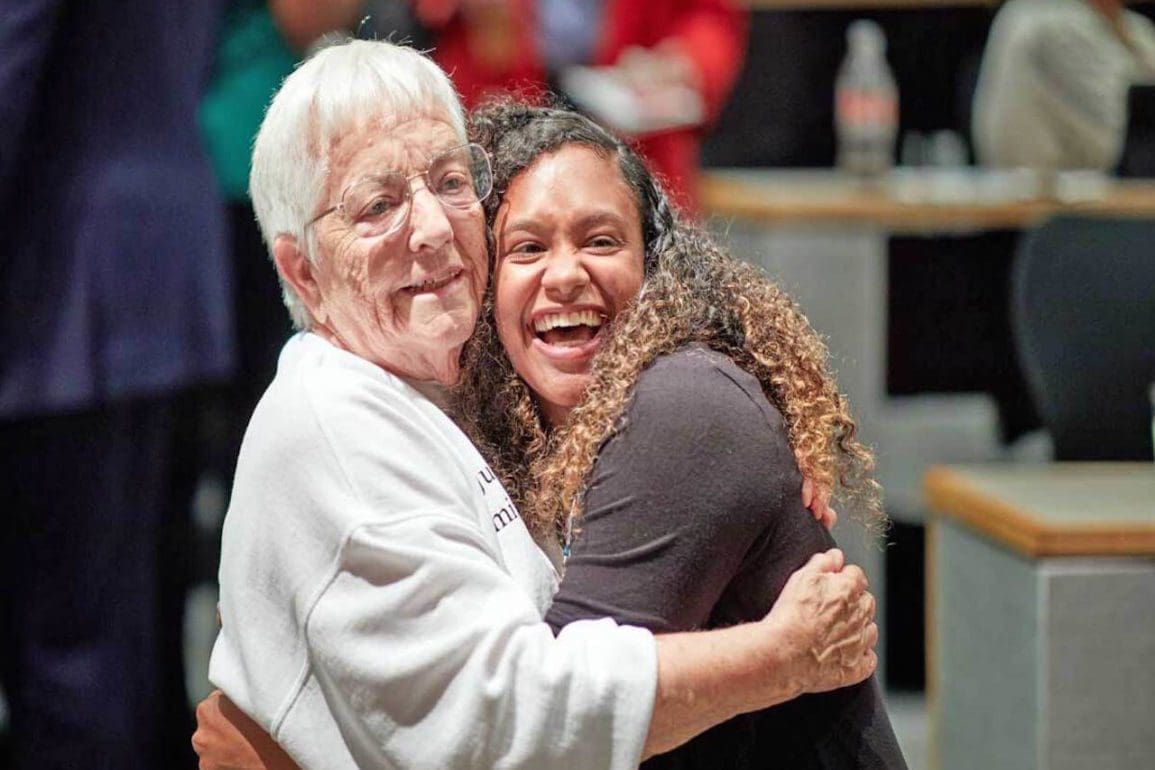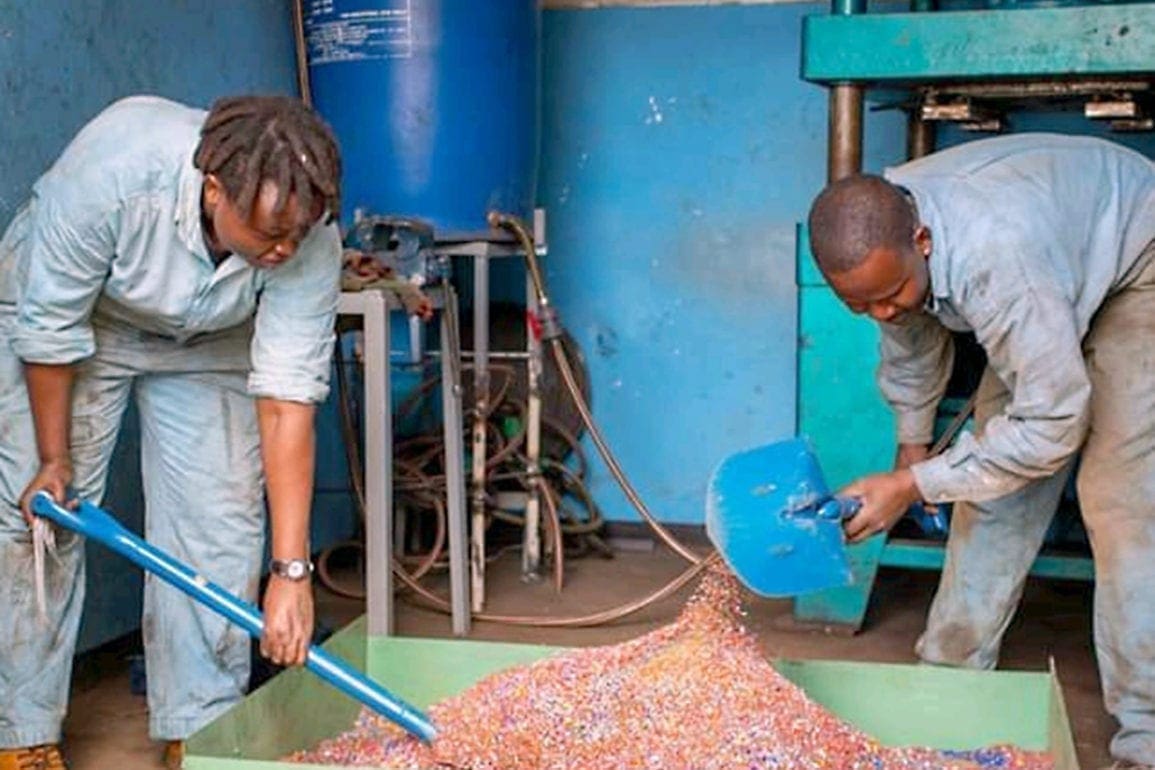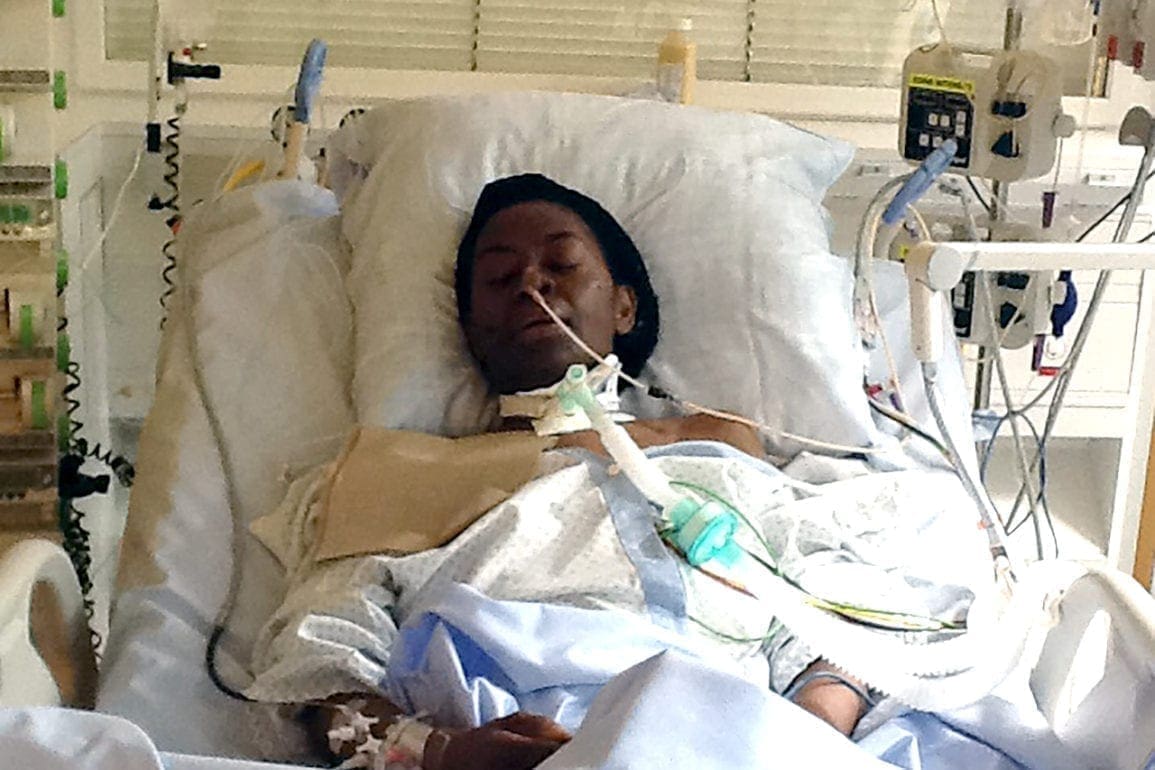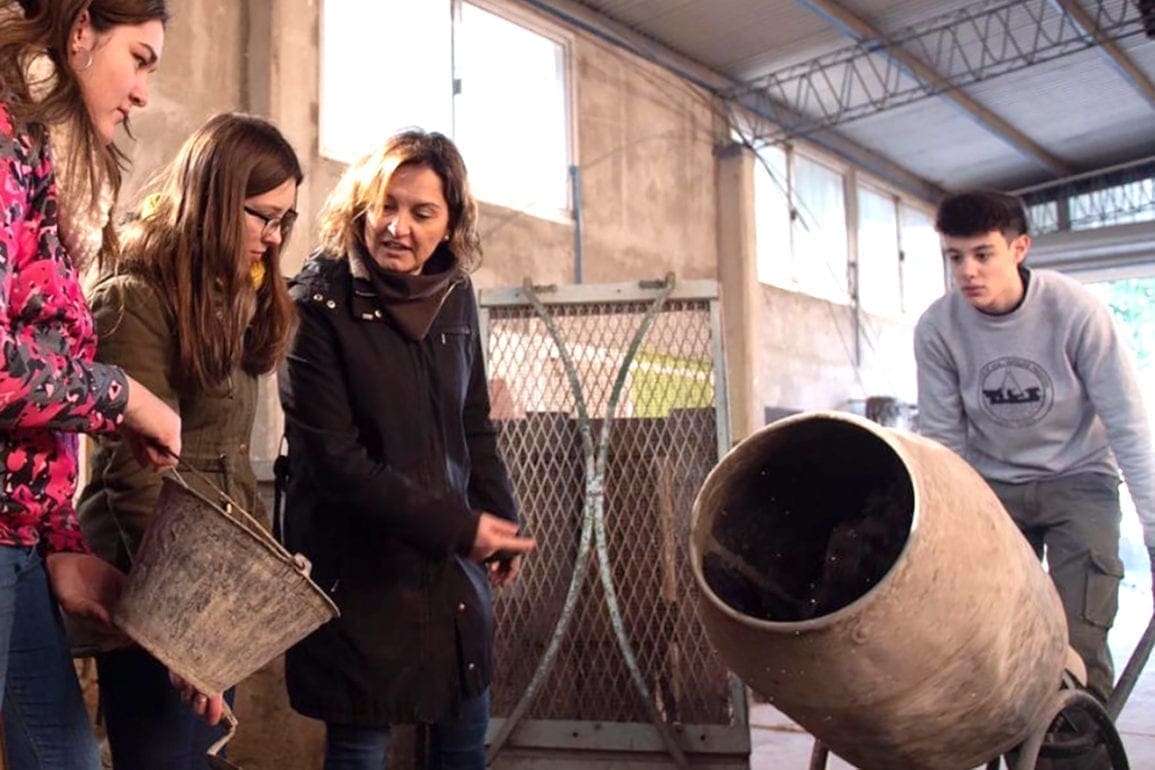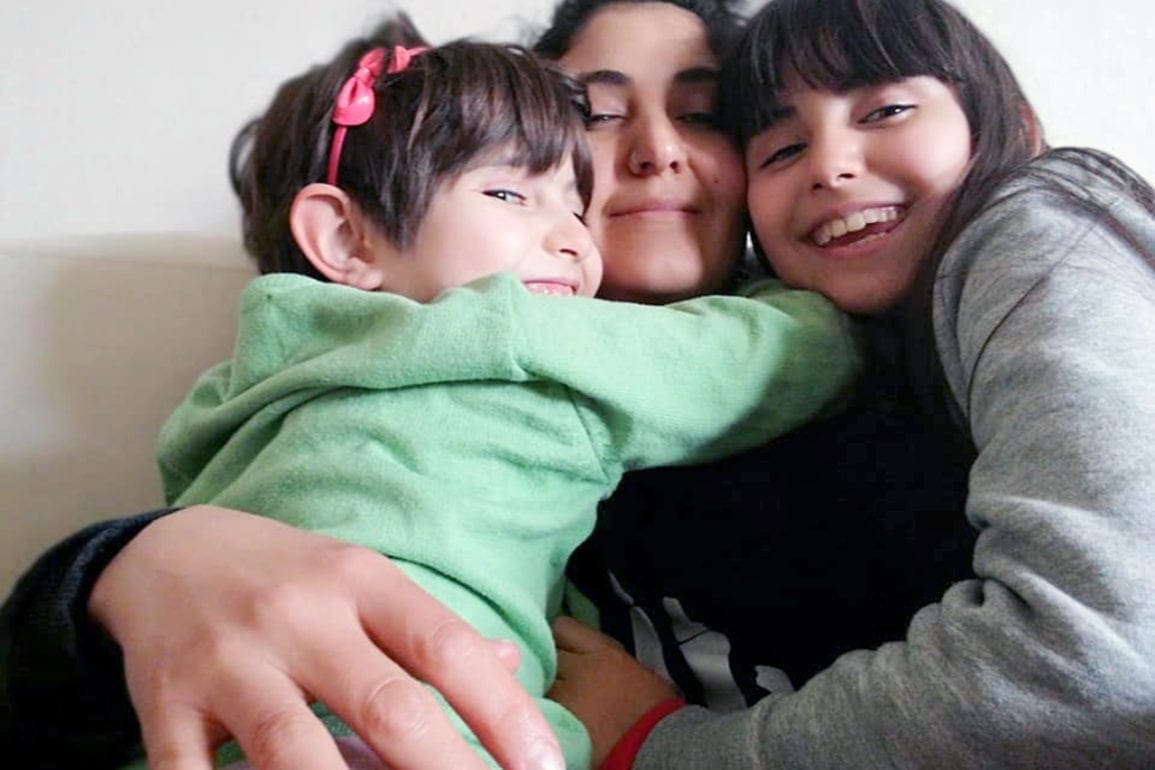Clearing the fog of anorexia
Without realizing it, I put aside everything that made me happy to achieve my goal: reading and writing.
- 5 years ago
May 21, 2021
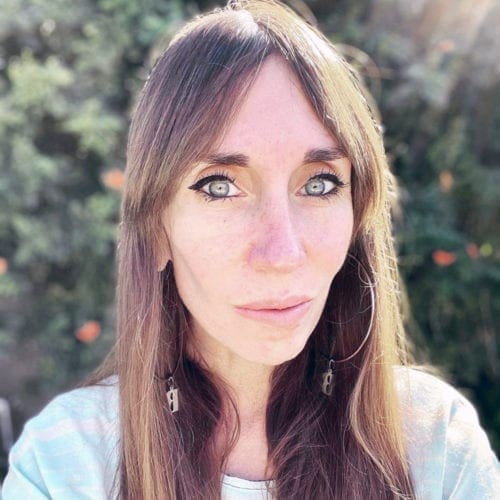
LOBOS, Buenos Aires, Argentina — At age 14, I decided to stop eating.
Over time, my plans to avoid food became more and more creative and, in turn, took longer to craft.
I am almost six feet tall and eventually dropped to 99 pounds.
It was then, I decided to write a book to express my pain.
As I struggle to recover, I begin to see things more clearly.
What you see
Maybe it was because of a comment my uncle made.
He told me, “if you keep eating like this, you will get fat,” while I was eating an apple.
So, I stopped eating.
By the time anxiety settled in, I had developed a habit of keeping a bag full of chocolates hidden under my bed. I would open the package, smell them, and close it again.
I added three daily weigh-ins to my routine.
I used to get up and walk a few blocks to the downtown pharmacy to verify my weight. Eventually I was visiting four pharmacies.
If they all marked that I had gained weight, I doubled my exercise routine.
Quite contrary to what many people think, hunger made me feel powerful.
Without realizing it, I put aside everything that made me happy, like reading and writing, to achieve my goal.
I got away from my family and many friends. I ceased to exist as I knew myself.
Until the age of 20, time stood still and anchored me in place.
What you can not see
Anorexia, in my case, started as a symptom of other ailments.
The absence of my father impacted me and caused a deep uncertainty.
He would come home from work, greet me with a kiss, and leave. That was my only contact with him.
For a long time, I blamed myself. I thought I had done something to make my father distant.
RELATED: Body dysmorphia can take over your life
That anguish, that emptiness, was the same thing I felt when I stopped eating.
It was a place I saved for something. Heartbreak also sent me to that place.
I was in a relationship with a man that was defined by a roller coaster of emotions. His drug addiction clouded my life until I decided to end it.
For years I tried to end the relationship. He made things difficult for me, but I managed to move on.

The after
There is no full recovery. It is a job that takes daily work.
I came to understand that what I lacked could not be given back to me by anyone.
I did not have to get angry with the disease, but learn to live with it.
For this reason, I took up one of the activities that made me happy: writing.
I started taking workshops. One day, a teacher suggested my draft writing become my first novel.
So, I decided to tell my story, a story I fight every day.
I hope it serves to remove the stereotypes of anorexia and show that those who suffer from it do not constantly obsess over their body in pursuit of supposed beauty.
Another factor may be the manifestation of intense pain. In my case, it was anorexia. I compare it to any other addiction.
The fight continues, but the road seems to be a little easier.





